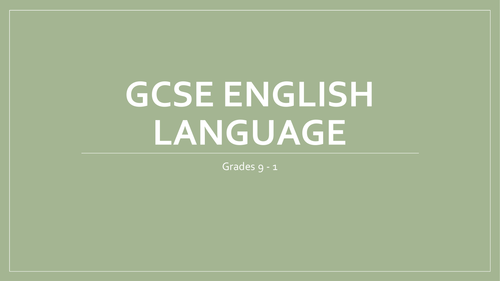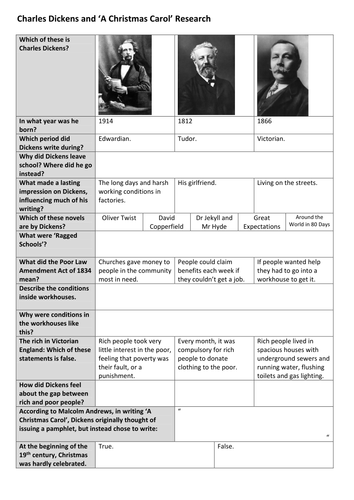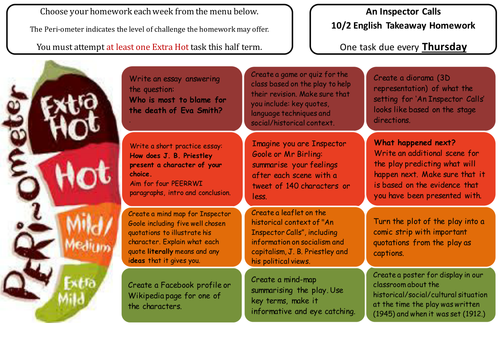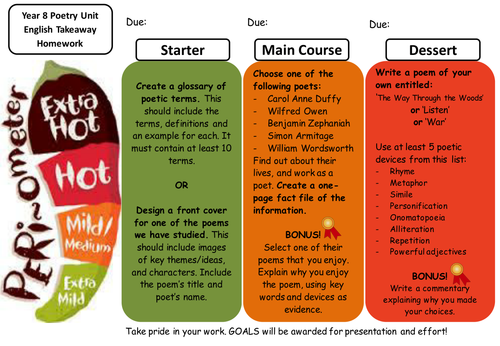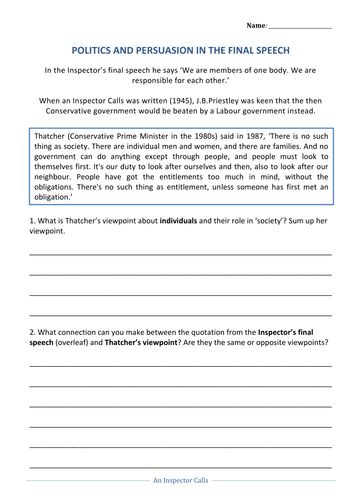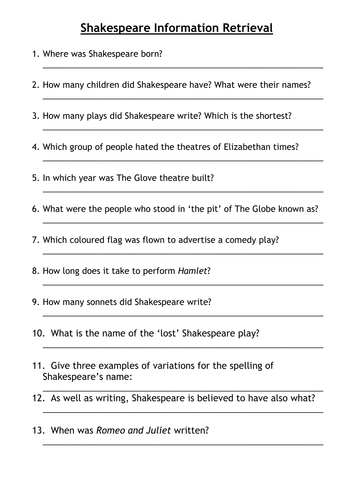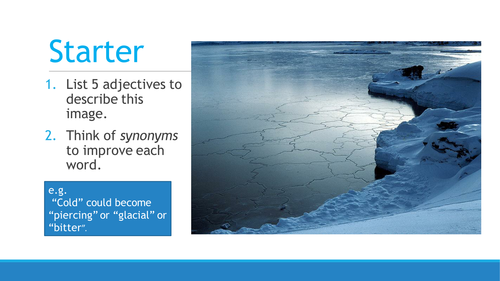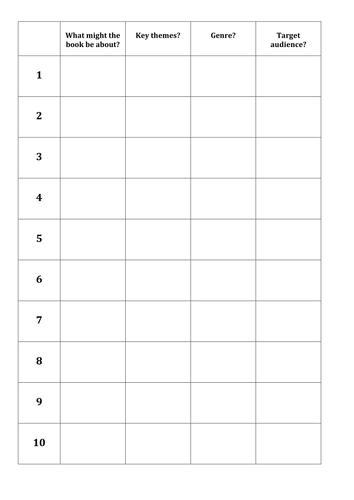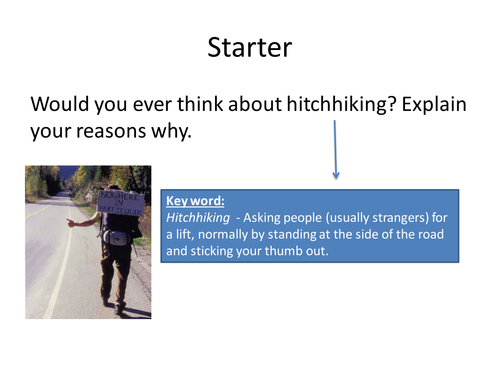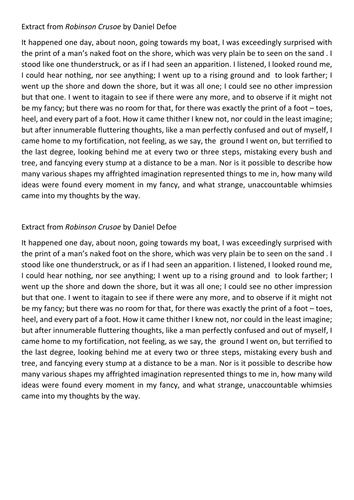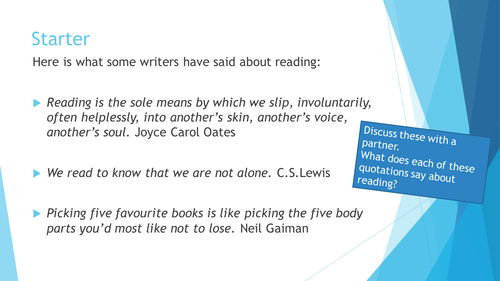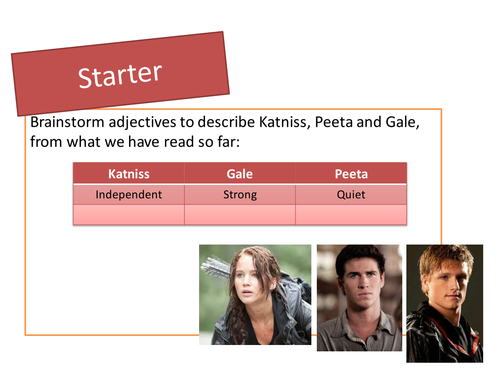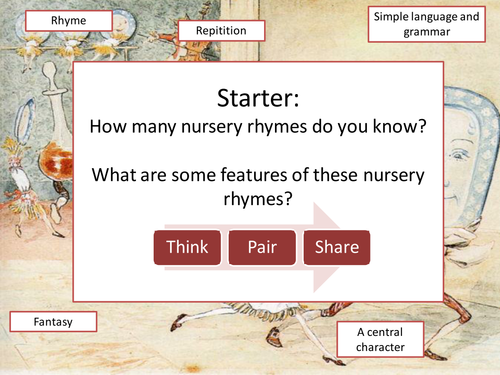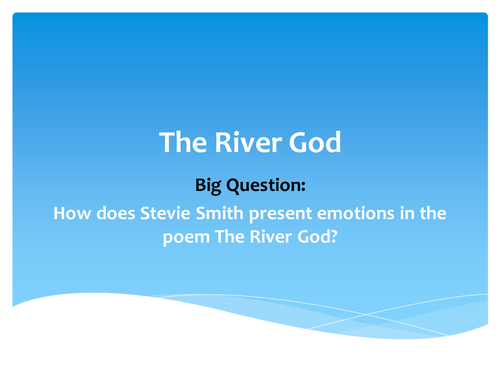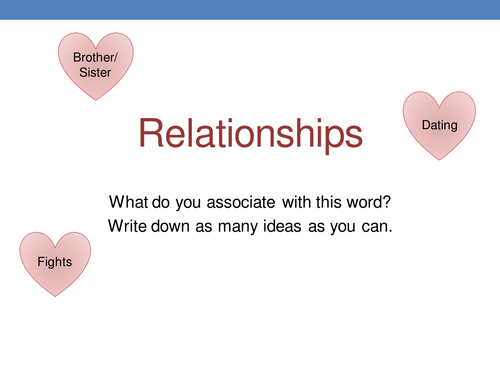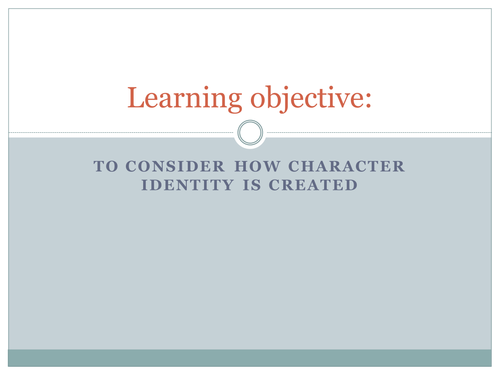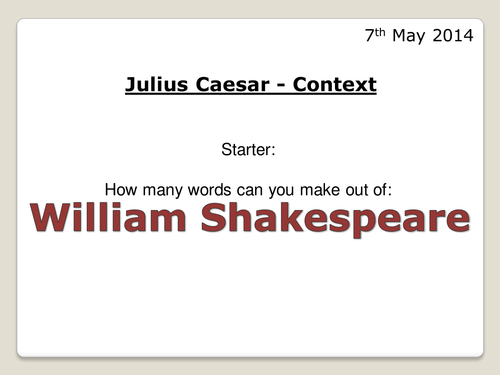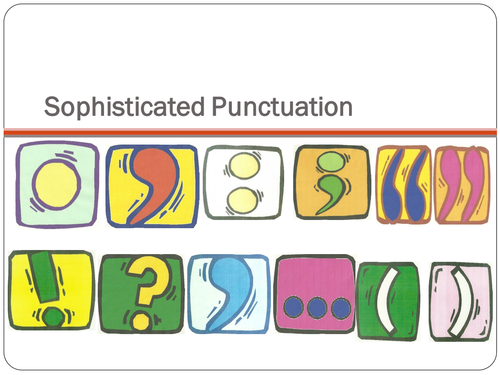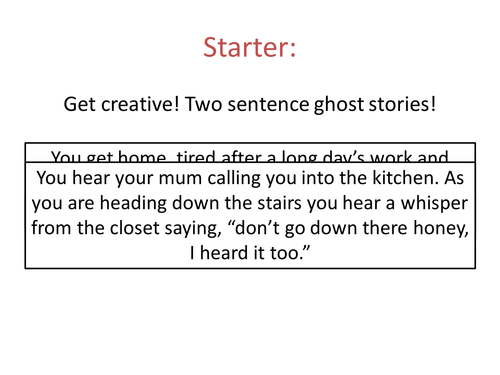68Uploads
259k+Views
608k+Downloads
English

Imaginative Creative Writing Unit 9-1
A short 5 lesson unit on Imaginative/Creative writing, created for the new GCSE English Language 9-1 spec. Contains lessons on describing setting and character, effective story openings, narrative structure (using The Simpsons) and the importance of planning.
Clear assessment and success criteria checklists, which could be used for self/peer assessment.
Some differentiation/challenge activities, but may need more to adapt to your group.

Charles Dickens 'A Christmas Carol' research lesson
A worksheet to structure student research on Charles Dickens and 'A Christmas Carol'. I have slightly adapted the worksheet for different year groups: Year 7, Year 8 and Year 10 (just titled Charles Dickens research). A range of multiple choice and written answer sections. Great for lower ability but also a success with high ability pupils!

An Inspector Calls Takeaway Homework
A takeaway homework menu, created for high ability Year 10 students. 3 options for each level of challenge, covering tasks from tweets, summaries, context research, character essays etc...

Year 8 Poetry Takeaway Homework
Starter, main course and dessert homework choices to run alongside a Year 8 poetry unit. Challenge/bonus activities included.

An Inspector Call's final speech
A worksheet guiding students to think about the Inspector's final speech.
Making links to the political context and including except from a Thatcher speech.
Includes annotating of two short passages and some written responses.

Shakespeare Information Retrieval Hunt
Four posters with information and facts about Shakespeare, his work, Elizabethan theatre and Romeo & Juliet. Worksheet with 22 questions to find answers for.
I pin up the posters around the room and students go around with their worksheets to find the answers - a lot of fun and a lot of learning!
Introductory context lesson for KS3 SoW.

KS3 Creative Writing SOW
A two week SOW for KS3 (used with middle ability Year 8 classes). Tasks mainly focussed on developing descriptive writing skills.
Includes challenge tasks throughout.
Includes story creator where students lucky dip a story title, setting etc to stimulate writing. Ended unit with the challenges lesson, allowing students to play with creative writing techniques and styles, choosing which activities to complete during the lesson.

Inference and Reading for Meaning
A series of lessons focussing on developing inference skills. Allows students to think creatively to infer meaning from pictures and film stills. Links into topics on presentational devices thinking about the genre and audience of different books based on the covers.
(Adapted into lesson powerpoints from ideas by johncallaghan)

Hitcher - Simon Armitage (2 lessons, PEE)
Two lessons looking at the poem 'Hitcher&'. Exploring the poem, justifying opinions and building to PEE paragraphs.

Literacy lesson: Tension, suspense
A literacy lesson based around an extract from Robinson Crusoe. Analyse how tension is built in the extract then continue the story, applying techniques.

Adventure story structure
Outlining the structure of adventure stories. Students then match this structure to plots of books/films they already know. Literacy.

The Hunger Games SoW
Series of lessons on The Hunger Games, taught to high ability Year 9 students. Includes some edited parts of resources found on TES. Covers key themes as well as reading and writing skills.
Please leave a comment if you download, use and like!

'Brendon Gallacher' by Jackie Kay - Lesson
Effective lesson on 'Brendon Gallacher&' from AQA Moon on the Tides, Character and Voice cluster. Moves through activities and then groups work to analyse a stanza of the poem each. Marketplace share these ideas so all students leave with a fully annotated poem.

'Give' by Simon Armitage - Lesson
A lesson and activity on 'Give' from the AQA Moon on the Tides, Character and Voice cluster. Starter activities for students to think about the big themes of the poem. Set of group work activities to allow students to do some close reading of the poem.

'The River God' by Stevie Smith - Lesson
A lesson on 'The River God&' from the AQA Moon on the Tides, Character and Voice cluster. A series of activities building to students working in pairs to analyse two lines of the poem in depth. Students then present their work to the class so all students leave with a fully annotated copy of the poem.

'Quickdraw' by Carol Ann Duffy - Lesson
An effective lesson on AQA Moon on the Tides, Relationship cluster poem 'Quickdraw&'. Year 10, A*-C. I taught this lesson for a job interview, in which I was successful. It allows students to demonstrate very quick progress whilst looking closely at Duffy&';s meaning and language choices. Ends with students writing a paragraph response.

On The Sidewalk Bleeding - Identity Lesson
First lesson on short story 'On The Sidewalk Bleeding&'. Explores issues of identity and character development and Americanisms. Taught to middle set Year 9s.

Julius Caesar - Shakespeare Context Lesson
Introduction to the context of Shakespeare's Julius Caesar. Includes key words card sort, and video with questions worksheet activity (worksheet is a cloze activity but this can be removed for higher ability pupils). Taught to mixed ability Year 7s.

Outstanding Sophisticated Punctuation Lesson
A recently observed lesson which was graded 'Outstanding'. Taught to high ability Year 9 group. Would also work as exam skills refresher for KS4 pupils.
Powerpoint goes through a range of sophisticated punctuation devices, explaining how and when they should be used.
There is also an opportunity for students to have a go at using each device, with unpunctuated sentences for students to complete (students can come up to the board to show where they would put the punctuation too).

The Red Room, H. G. Wells unit (Year 9)
A short three/four lesson unit on The Red Room by H.G.Wells, exploring the ghost story/mystery genre, how an author builds suspense and tension, building towards an essay question response or creative writing task.
Used with top set Year 9, and a middle ability set.
Split the story into 3 sections. Three PowerPoints. Quote analysis activities on worksheets for group work.

